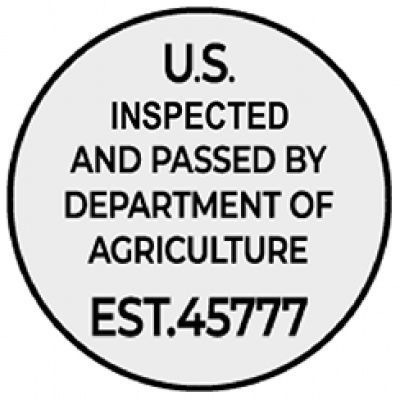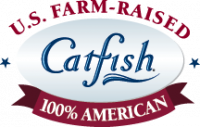According to Seafood Source, only 56% of surveyed individuals eat seafood twice a month. With that statistic being so low, it makes you wonder if it’s because many consumers feel uncomfortable shopping for seafood. In this blog, we’ll explain what to look for when shopping for quality seafood, what to avoid, and how to make it easier to do regularly.
Have an Eye for Quality
When shopping for seafood, what’s most important to you as a consumer is the quality of the seafood. To get a good idea of the quality of the food that your seafood counter is serving, there’s a few things you can do to avoid being disappointed in your selection:
- If the seafood counter you visit has a fishy smell, you should avoid the product. Fresh seafood shouldn’t have an overwhelming sour or fishy odor to it.
- Make sure the fish appears to be properly refrigerated. Do not accept fish that has been sitting out for an extended period or is strange in color, indicating it was probably stored at improper temperature at some point.
Pro tip: After purchasing seafood, bring it home and put it in the refrigerator immediately. Leaving seafood in improper temperatures has the potential to be detrimental to your health.
- Check the seafood’s appearance. Quality fish should be bright and relatively clear. The fish should also be considerably plump. If you notice the fish at your seafood counter has a cloudy color to it, usually most noticeable in the fish’s eyes, do not buy it.
Questions to Ask at the Seafood Counter
Although just simply being observant will go a long way when looking to purchase seafood, going the extra mile by asking questions at your seafood counter will further ensure the quality of your seafood selection. Here’s a few simple questions to ask to make sure your purchase is worthwhile.
- What’s good today?
Asking this question will ensure that whoever is working the seafood counter will point you toward what is the freshest or what they personally think is the best quality.
- Is this wild caught or farmed?
Making sure certain fish are farmed versus wild caught can prevent you from buying fish from areas or suppliers that have a habit of overfishing, which has an impact on the quality.
- Was this previously frozen?
Although frozen fish isn’t always a bad thing, buying frozen fish at the seafood counter isn’t exactly cost effective. If the person at the seafood counter tells you the fish was previously frozen, just opt for the seafood in the frozen section to save your money.
With these tips and warning signs, you should be able to buy any fish or seafood like a pro in no time!





